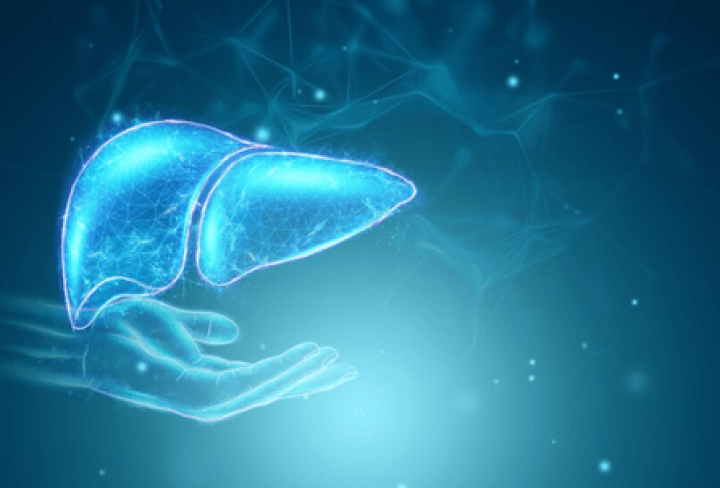Portal hypertension occurs when the blood pressure in the portal vein, which carries nutrient-rich blood from the digestive organs to the liver, increases. This condition is often caused by liver diseases like cirrhosis, where scar tissue blocks blood flow, leading to higher pressure in the portal vein.
Causes and Risk Factors
Cirrhosis is the most common cause of portal hypertension. Other causes include blood clots in the portal vein, chronic infections (like schistosomiasis), autoimmune diseases, and conditions like focal nodular hyperplasia. Risk factors for developing cirrhosis and portal hypertension include alcohol use, obesity, type 2 diabetes, and age (especially over 50).
Symptoms and Complications
Portal hypertension often shows no symptoms until complications arise. Key symptoms and complications include:
Varices: Enlarged veins, usually in the esophagus or stomach, that can rupture and cause severe bleeding.
Ascites: Fluid accumulation in the abdomen leading to swelling.
Hepatic encephalopathy: Brain dysfunction causing confusion, memory loss, and personality changes.
Anemia: Low red blood cell count due to chronic bleeding.
Splenomegaly: Enlarged spleen due to blood flow issues.
Diagnosis
Doctors may suspect portal hypertension if there are signs of ascites, varices, or a history of liver disease. Diagnosis is confirmed through tests like:
- Ultrasound
- Elastography
- CT or MRI scans
- Liver biopsy
Treatment Options
Treatment for portal hypertension focuses on managing complications and preventing further damage:
Medications: To reduce pressure, diuretics for fluid buildup, and lactulose for hepatic encephalopathy.
Endoscopic treatments: Variceal banding or sclerotherapy to stop bleeding from varices.
Procedures
TIPS (Transjugular Intrahepatic Portosystemic Shunt): A stent is placed to reroute blood flow and relieve pressure in the portal vein.
Paracentesis: Draining excess fluid from the abdomen.
Liver transplant: In severe cases of liver failure.
Lifestyle Changes
To manage portal hypertension, it’s essential to:
- Avoid alcohol and quit smoking.
- Follow a low-sodium diet and maintain a healthy weight.
- Exercise regularly and avoid certain medications that can worsen liver function.
Prevention
To prevent portal hypertension, focus on liver health by avoiding alcohol, maintaining a healthy weight, exercising, and managing underlying conditions like diabetes. Regular check-ups and screenings for liver disease are also crucial.
Managing portal hypertension involves a combination of medications, lifestyle changes, and sometimes surgery. Work closely with your doctor to tailor treatment to your needs.


